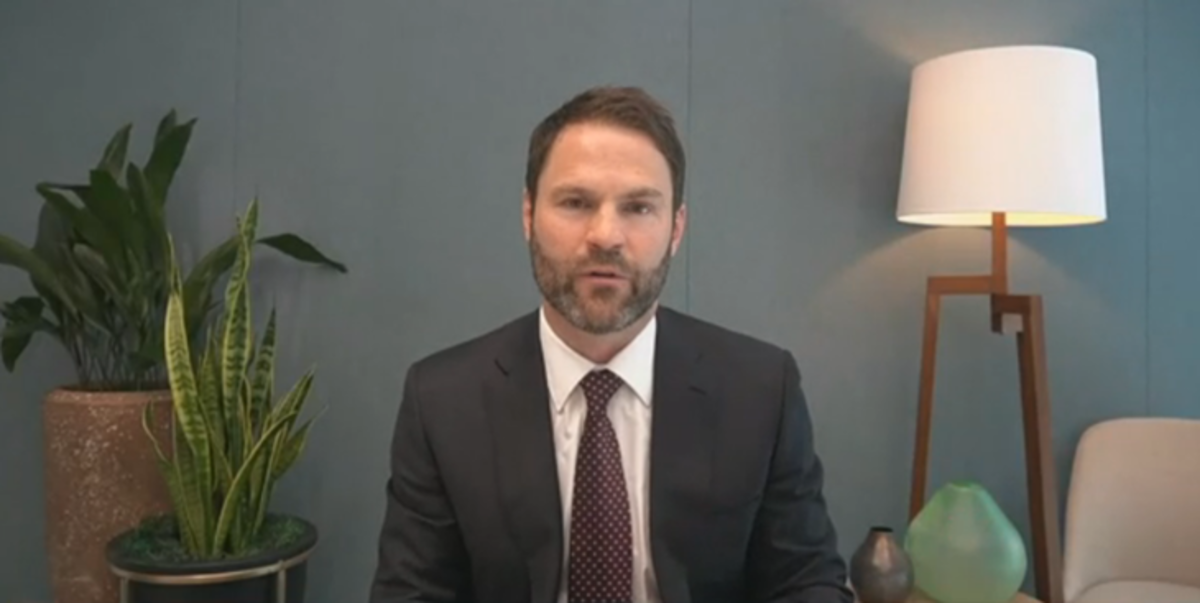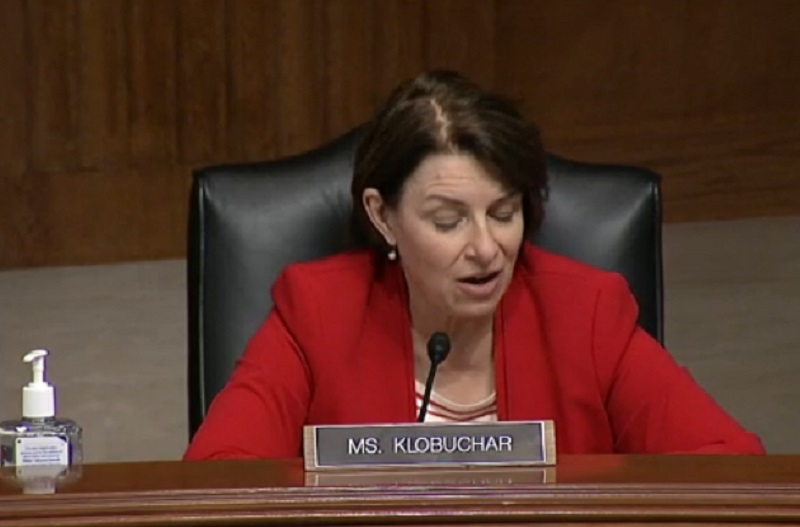Google Grilled on Anticompetitive Digital Advertising Practices During Senate Subcommittee Hearing
September 16, 2020 — Both Republican and Democratic senators on Tuesday grilled a top Google official at a hearing just weeks before the U.S. Justice Department is expected to file an antitrust lawsuit against the search engine giant. Throughout the antitrust subcommittee hearing, senators focused o
Jericho Casper

September 16, 2020 — Both Republican and Democratic senators on Tuesday grilled a top Google official at a hearing just weeks before the U.S. Justice Department is expected to file an antitrust lawsuit against the search engine giant.
Throughout the antitrust subcommittee hearing, senators focused on whether Google, which bolsters a 90 percent hold on the U.S. online advertising market, misuses its dominance in online advertising to exclude competitors from the market.
The fact that Google bought out a series of digital start-ups that promised to drive competition in the online ad market was one of the main pieces of evidence cited by the senators.
“Google purchased competitors, including DoubleClick and AdMob, to help make it the dominant player in online advertising,” said Sen. Amy Klobuchar, D-Minnesota. “Do you think Google would hold 90 percent of the advertising market if you didn’t buy DoubleClick?”
She and the others were questioning Don Harrison, president of Google’s corporate development since 2012, who appeared remotely because of the pandemic. Harrison oversees the company’s advertising partnerships with other companies.
Klobuchar grilled Harrison on the company’s practices on YouTube, which Google acquired in 2006.
“Half of video ad inventory, outside of walled gardens like Facebook, is on YouTube,” said Klobuchar. She said Google weakened its video ad competitors in 2015 by insisting that only DSPDV360 platforms could bid to place ads on YouTube, after previously allowing all platforms to do so.
This action had a devastating effect on Google’s competitors as “most advertising agencies prefer to only use one DSPDV,” said Klobuchar.

Sen. Amy Klobuchar, D-Minnesota, during the antitrust hearing
The limitation not only forced YouTube’s ad inventory to its own affiliates, which utilize Google’s DSP, it also had the effect of driving non-YouTube ad volume to Google, and away from rival DSPs.
Harrison said that decision came as a result of European privacy laws. Throughout the hearing, Harrison disputed that Google is a “big company” and said advertisers have the “option to go to other websites.”
Sen. Richard Blumenthal, D-Conn., also criticized Harrison’s replies and said that “Google maintains a tight grasp over each of the many steps between an advertiser looking to place an ad and a website looking to host it.”
How can a single company “represent the seller, the buyer, make the rules, and conduct the auction,” questioned Blumenthal? This practice is “the nub of the issue from an antitrust standpoint.”
Sen. Josh Hawley, R-Missouri, questioned Harrison on the company’s recent decision to boot The Federalist, a conservative web site, off of its advertising network over the site’s violations of a Google policy against derogatory content. The matter was specifically related to Black Lives Matter protests.
Harrison maintained that Google “did not demonetize The Federalist” and that the website was free to use the company’s platform, as long as the comment section was moderated, as “some comments were objectionable and offensive.”
“We want to ensure our ads do not show up next to harmful content,” said Harrison.
Yet Hawley maintained that this was a reflection of the Google’s extraordinary market power, which allows the company to force others to moderate their content to Google’s standards or live in fear that the company will “adopt policies to cut off their revenue stream.”











Member discussion